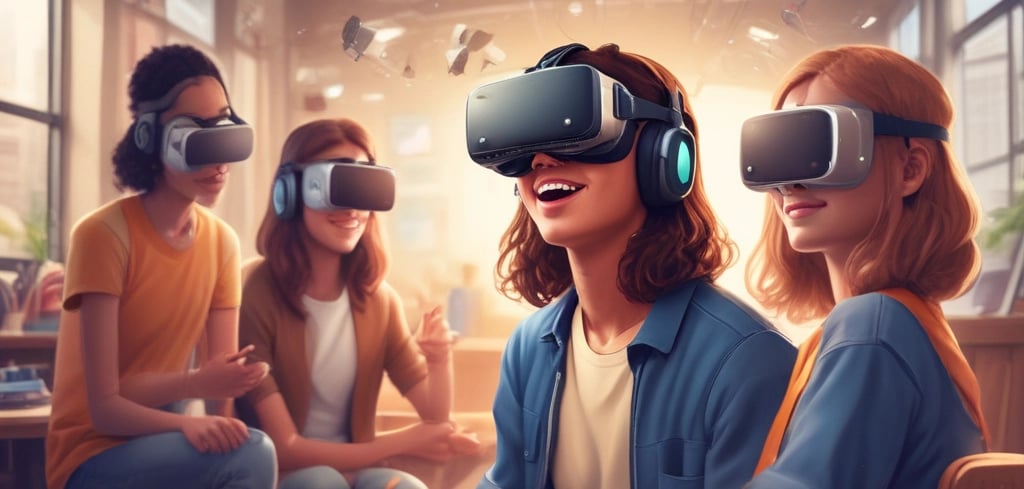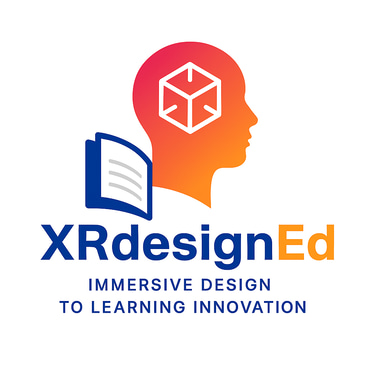Innovative Projects
Showcasing immersive VR environments for education


VR Microlearning
Project 2 :
VR Boardroom Negotiation Simulation -
Strategic Partnership
Immersive Microlearning Experience on the Edstutia Platform
Professional Project Description
This project showcases the design and delivery of an immersive VR negotiation simulation created to demonstrate how VR learning design can bridge the gap between training and real-world business performance, enabling professionals to rehearse complex negotiations before entering actual boardrooms.
Using the Edstutia platform, I recorded a 5-minute scenario-based VR experience set in a realistic virtual boardroom, where I interacted with an AI-powered business avatar representing the Business Development Lead of a mid-sized industry association. The simulation mirrors a real-world executive negotiation, focused on forming a strategic B2B partnership ahead of the launch of Luma Tech’s new software platform.
The experience was designed to demonstrate how AI avatars, and scenario-based learning can be leveraged to prepare professionals for high-stakes business conversations. Learners assume the role of Lead Negotiator and must communicate value propositions, manage stakeholder expectations, and negotiate mutually beneficial terms including co-marketing initiatives, data-sharing agreements, event sponsorships, and exclusive member discounts.
This project highlights the ability to integrate complex business objectives into immersive learning experiences, combining instructional design principles with authentic executive contexts to support performance-driven learning in corporate environments.
🛠 Project Snapshot
Client / Company: Luma Tech
Platform: Edstutia
Format: VR immersive recording (7 minutes)
Environment: Virtual executive boardroom
Interaction: Conversational AI avatar
Learning Modality: Scenario-based role-play
🧪 XR Instructional Designer & Content Lead
Designed the negotiation scenario and learning flow
Defined learning objectives aligned with business outcomes
Scripted realistic AI avatar dialogue based on B2B negotiation practices
Selected and structured the virtual boardroom environment
Led and recorded the full immersive experience on Edstutia
📌Learning Objectives
Learners are able to:
Lead a strategic B2B partnership negotiation
Communicate software platform value clearly
Address objections and counteroffers professionally
Balance commercial opportunities with partnership risks
Demonstrate executive presence in virtual settings
🧠 Key Skills Developed
Strategic communication
Business negotiation & persuasion
Stakeholder management
Executive decision-making
Virtual leadership presence
🚀 Business Impact
Safe rehearsal space for high-risk negotiations
Scalable executive and sales enablement training
Reduced cost compared to live role-play training
Strong alignment between learning design and business strategy




